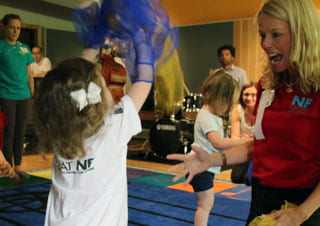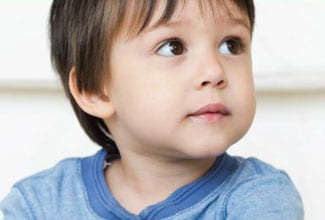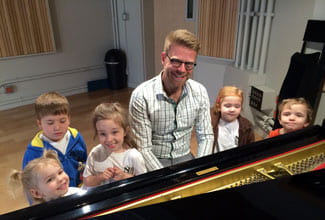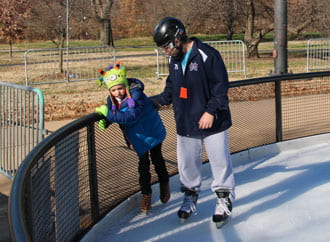The Washington University NF Center and Jazz St. Louis recently wrapped up another successful Beat NF session. This unique music-motor therapy program geared toward toddlers with NF1 utilizes jazz music and motor therapy to help them overcome developmental delays commonly encountered by children with NF1
Music-Motor Therapy Program Improving the Lives of Toddlers with NF1




